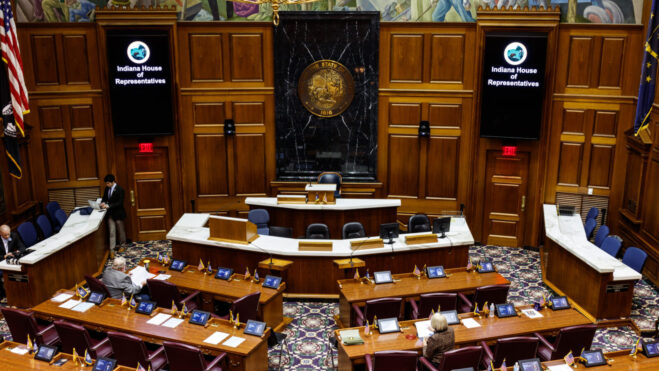Google To Allow Lottery Courier And Fantasy Sports Ads In Many States
Google has announced that it will update its gambling ads policies this month, now allowing lottery couriers and DFS operators to advertise.
2 min

Google has announced a new update to its advertising policies, allowing ads for lottery couriers and daily fantasy sports (DFS) in numerous states across the U.S. starting July 15.
This policy shift reflects the growing acceptance and regulation of online gaming and lottery services within the country. However, the change comes with strict guidelines and requirements for advertisers to ensure compliance with state laws and Google’s own certification standards.
Advertisers looking to promote lottery courier and DFS services on Google Ads will need to undergo a certification process. This is mandatory, regardless of the state in which the ads will be targeted.
Google’s new lottery courier policy will apply to Alaska, Arkansas, Colorado, District of Columbia, Idaho, Illinois, Iowa, Kansas, Kentucky, Louisiana, Maine, Maryland, Massachusetts, Minnesota, Missouri, Montana, Nebraska, New Jersey, New Mexico, New York, North Carolina, North Dakota, Ohio, Oklahoma, Oregon, Pennsylvania, Rhode Island, South Carolina, South Dakota, Tennessee, Texas, Vermont, West Virginia, and Wyoming.
These advertisers must demonstrate that they are fully licensed to operate in at least one U.S. state that requires a license for such services, even if they intend to target ads in states that do not have such licensing requirements. This measure is designed to uphold a standard of legitimacy and ensure that only reputable services can advertise through Google’s platform.
Lottery couriers receive mixed messages
Lottery couriers, such as Jackpocket, Jackpot.com, Lotto.com, and theLotter, are services that facilitate the purchase of official lottery tickets on behalf of customers.
These services operate online, where users can select their desired lottery games and numbers for Powerball, Mega Millions, and others. The courier then purchases the tickets from authorized retailers and uploads the details to the user’s account. This allows users to participate in state lotteries without needing to physically visit a retailer.
Despite the convenience and growing popularity of lottery courier services, they are not universally accepted across the U.S. Some states, like California, have expressly prohibited the operation of lottery courier services within their jurisdiction.
This is primarily due to concerns over potential fraud, the integrity of the lottery system, and the state’s interest in controlling and regulating all aspects of lottery ticket sales. Advertisers must be acutely aware of these restrictions and ensure their campaigns are compliant with local laws.
The certification process for advertisers will involve several steps. Initially, advertisers must submit proof of their licensing in a state that regulates DFS or lottery couriers. This documentation must be current and verifiable.
Additionally, advertisers will need to provide detailed information about their operations, including how they handle customer data, ensure ticket authenticity, and comply with state and federal regulations. Google’s certification process aims to filter out disreputable operators and provide a layer of consumer protection.
DFS operators gain an ally
For DFS advertisers, the landscape is slightly different but equally stringent. DFS has seen widespread legalization across the U.S., with many states enacting specific regulations to govern the operations.
Google’s new DFS policy covers operations in Alaska, California, Florida, Georgia, Kentucky, Minnesota, Nebraska, New Mexico, North Carolina, North Dakota, Oklahoma, Rhode Island, South Dakota, Utah, West Virginia, Wisconsin, and Wyoming.
Advertisers in this sector will also need to show that they hold a valid license from a state that mandates licensing for DFS operations. This requirement ensures that all ads seen by Google users come from entities that have met rigorous state-imposed standards.
The new advertising policy by Google is indicative of the company’s responsiveness to the evolving legal landscape surrounding online gaming and lottery services. This move could potentially open new avenues for marketing within these industries, providing they comply with the outlined regulations.
However, advertisers must tread carefully. Non-compliance with state laws or Google’s certification requirements could result in severe penalties, including the suspension of advertising privileges on Google’s platform.








